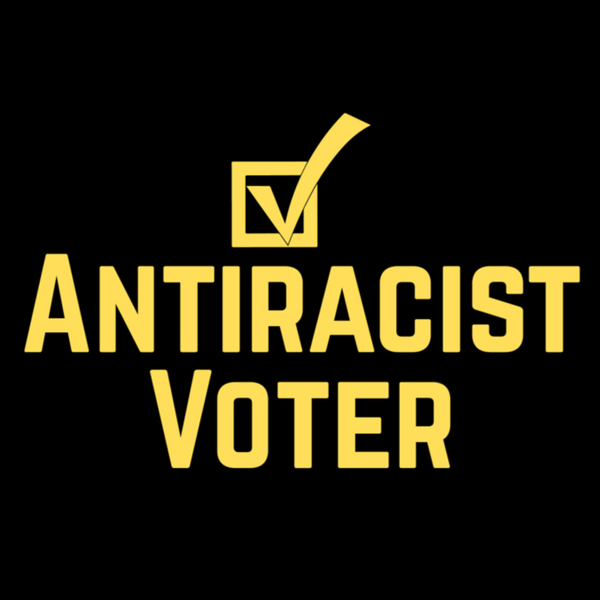
In Minneapolis, Police Training Wasn’t Enough, with Jesse Jannetta, Urban Institute
- S1E5
- 30:39
- August 9th 2020
For full show notes, see https://antiracistvoter.com/jesse-jannetta/
Without accountability, trust is impossible.
Picture it: A police department that dedicates itself to trust-building reforms. They partner with the best thought leaders in the country.
They train all sworn officers in procedural justice. Procedural justice is the way police interact with the public, and how those interactions shape the public’s views of the police. All recruits receive the same training. They created a full-time Procedural Justice Unit. They weave procedural justice throughout the department’s training efforts.
They train all officers on implicit bias. Implicit bias creates automatic association and stereotypes with groups of people. Implicit bias can have a strong influence on policing.
They engage in reconciliation work. The police department holds on-the-ground listening sessions between the Police Chief and influential leaders from the community. They hire Community Navigators to liaise between marginalized communities and the police department.
All of this might seem like the perfect formula for police-community trust-building.
Yet, this happened in Minneapolis, MN, the site of the murder of George Floyd.
Learn More about Jesse Jannetta and Urban Institute:
Jesse Jannetta on Twitter: https://twitter.com/JesseJannetta
Urban Institute: https://urban.org/
Jesse Jannetta’s blog post: It Wasn’t Enough: The Limits of Police-Community Trust-Building in Minneapolis: https://www.urban.org/urban-wire/it-wasnt-enough-limits-police-community-trust-building-reform-minneapolis
The National Initiative for Building Community Trust and Justice Key Process and Outcome Evaluation Findings: https://www.urban.org/sites/default/files/publication/100704/national_initiative_for_building_community_trust_and_justice_6.pdf
Antiracist Voter
The murder of George Floyd created a moment of reflection and rededication to racial equality. But moments are ephemeral. Americans have a notoriously short attention span.
How do we maintain momentum so that the moment becomes a movement?
How do we translate the demands of protests into the domain of policy?
Antiracist ideas are activated in antiracist policy, especially in local elections.
We focus on criminal justice, economic justice, environmental justice, education, housing, health, immigration, and voting rights. We talk about problems, but we don’t stop there. We talk about solutions. Who is getting it right?